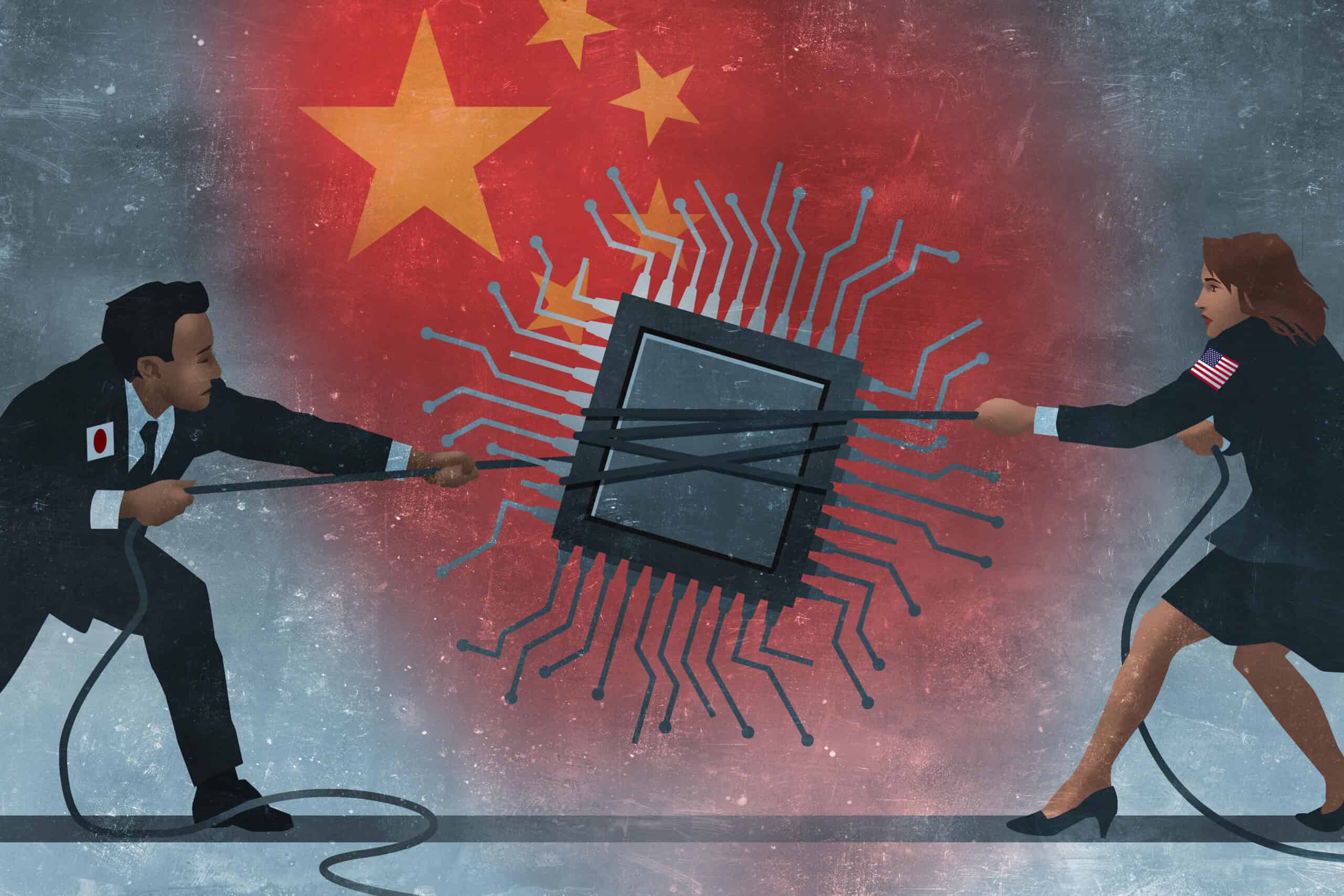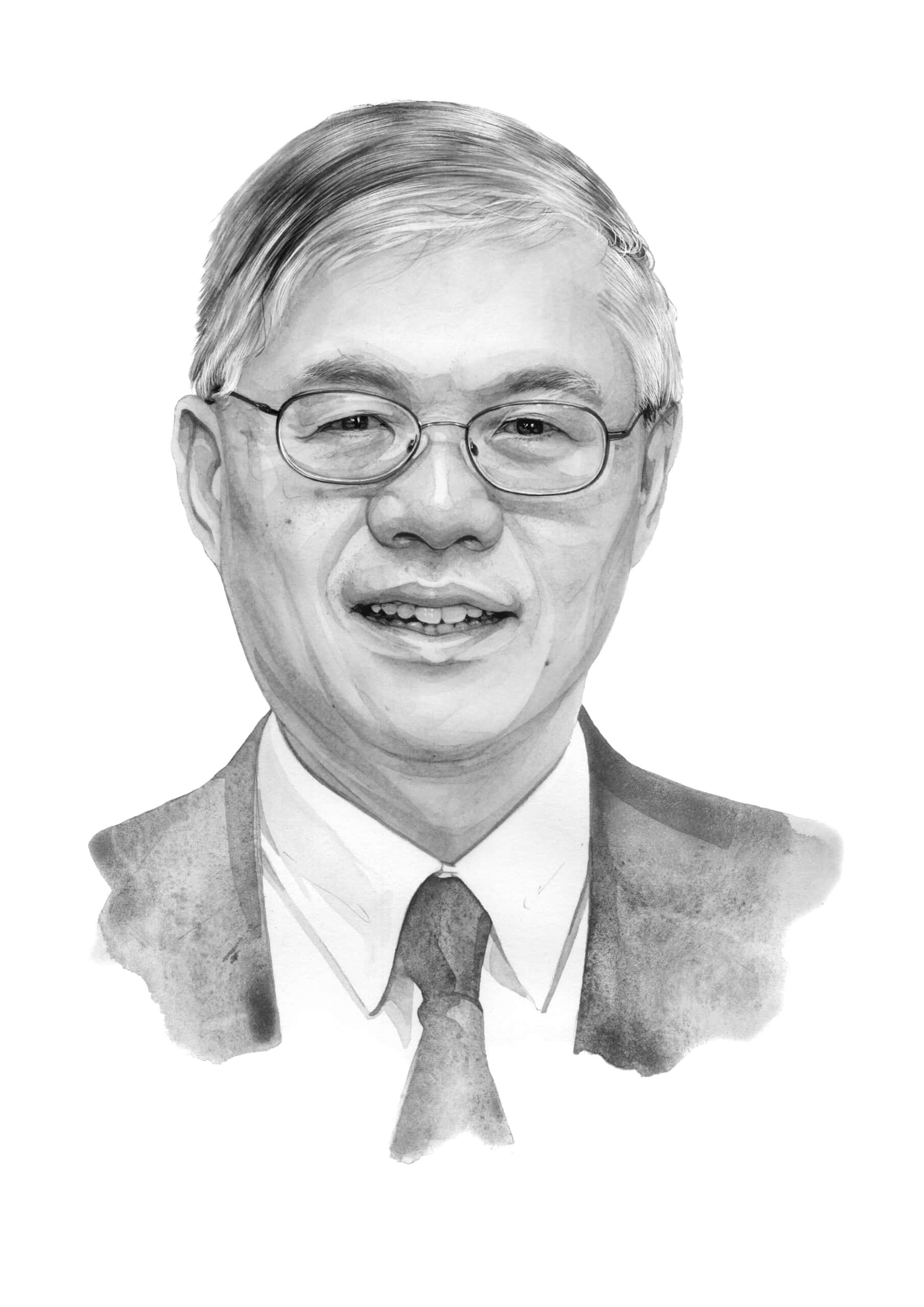Good evening. Sports and games are usually thought of as trivial pastimes, but in reality they’re reflective of a society’s psyche as well as enmeshed in big business. This week, our cover story examines China’s relationship with soccer, both globally and domestically, and it is revealing of larger themes across modern China. We also have a close look at Tencent, the internet company best known for WeChat, that now generates more revenue from online gaming than any other company in the world. Elsewhere we have a Q&A with Amelia Pang about Uyghur labor, an op-ed from Andy Rothman on the benefits of economic engagement with China, and a piece from Zhang Jun, a Chinese economist, about the country’s accelerating fertility crisis. If you’re not already a paid subscriber to The Wire, please sign up here.
Want this emailed directly to your inbox? Sign up to receive our free newsletter.
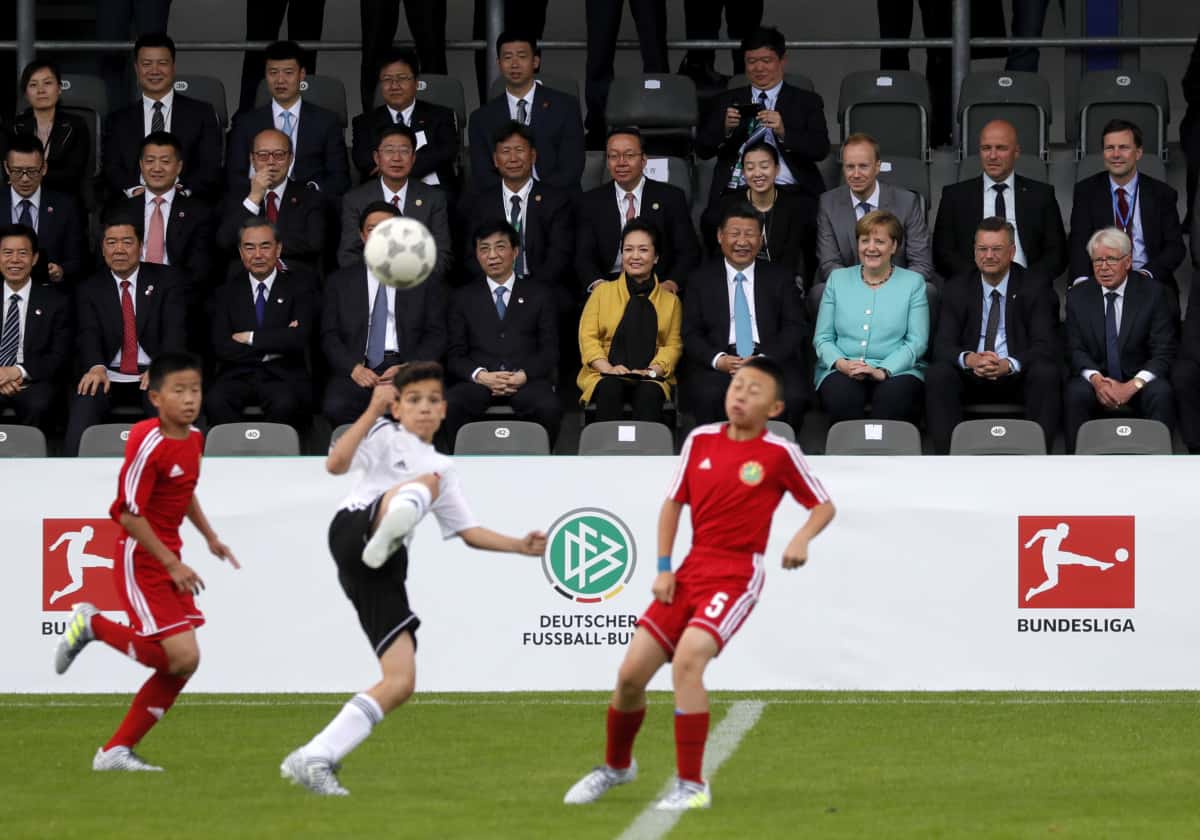
Credit: Ronald Wittek – Pool/Getty Images
China’s Own Goal
In 2015, Xi Jinping decided that soccer, the world’s most popular sport, would improve China’s fitness, both on and off the field. With a raft of reforms and ambitious goals, Xi, himself a lifelong soccer fan, set out to marshal China’s collective spirit behind “the beautiful game.” But since then, China’s ultra-wealthy have poured more than $2.5 billion into the sport with very little to show for it. This week for The Wire, Sean Williams traces the flood of money, recounts the brief love affair between European and Chinese clubs, and asks whether or not China’s soccer dreams can get back on track.
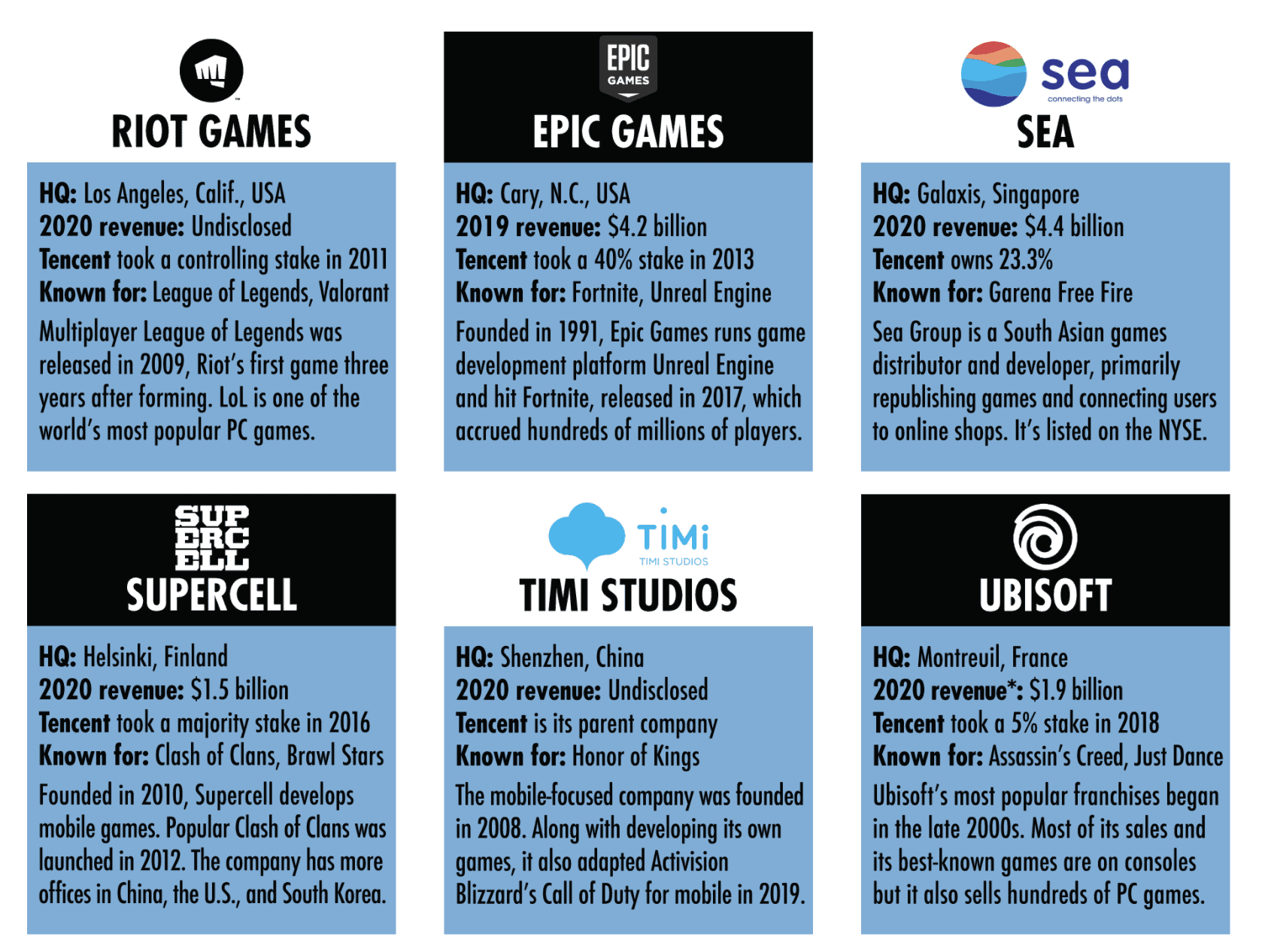
The Big Picture: Tencent’s Game
In the world’s biggest video game market, there is one company that reigns above all: Tencent. The internet giant, most famous outside of China for its messaging app WeChat, took in nearly $74 billion in 2020. More than a third of its immense earnings came from gaming in 2019 — more than any other company in the world. But it’s also come up against hurdles at home and abroad. This week, The Wire takes a look at how it stacks up against its competitors, how far its reach extends into international investments, and a Tencent-backed remnant of the once-towering Shanda Interactive.
A Q&A With Amelia Pang

Amelia Pang is a journalist and author of the recent book Made in China: A Prisoner, an SOS Letter, and the Hidden Cost of America’s Cheap Goods. In this week’s interview with Katrina Northrop, she talks about an SOS note found in Halloween decorations, the past and present realities of China’s Laogai system, and steps every consumer can take to impact the global labor system.
Amelia Pang
Illustration by Kate Copeland
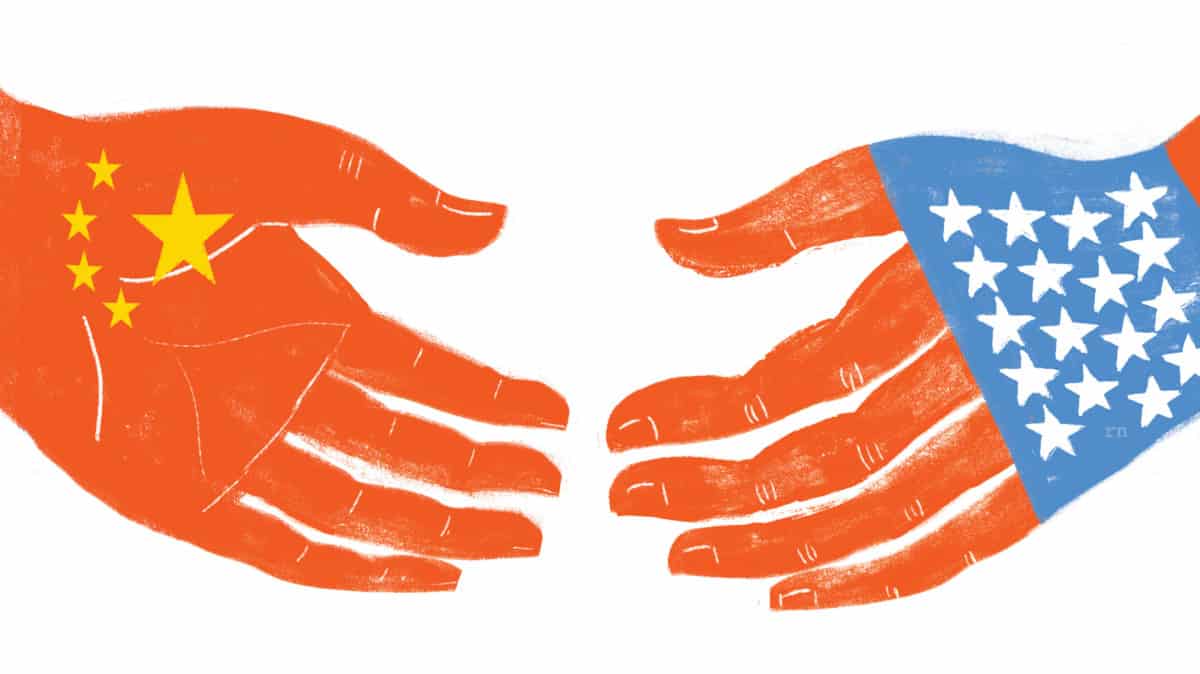
The Benefits of Engagement
President Biden’s advisors are currently in the midst of a comprehensive review of U.S. policy towards China. They are charged with coming up with recommendations for managing one of the most important issues the Biden administration will encounter. Understanding how that policy will affect people in the United States is critical, and as investment strategist and former diplomat Andy Rothman argues in this week’s op-ed, continued engagement with China’s “engine of global growth” will benefit American employment, consumers and companies.
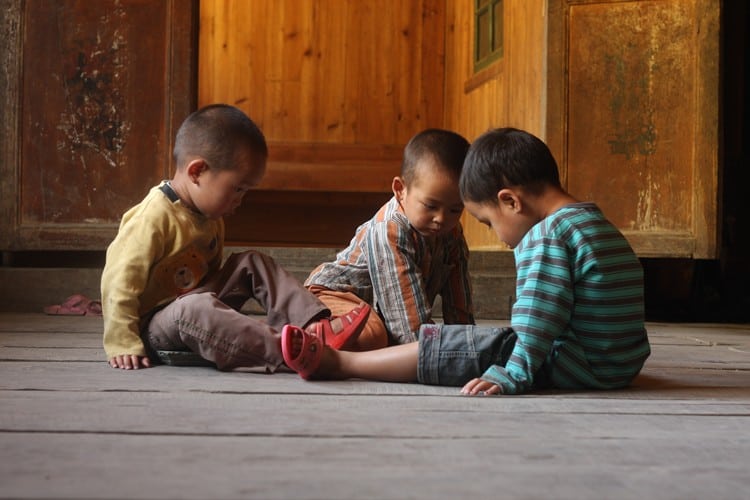
Credit: Joan Vila, Creative Commons
China’s Accelerating Fertility Crisis
In the 1990s, under the infamous one-child policy, China’s birth rate plummeted to well below replacement level. When, in 2016, the government shifted to a two-child policy, China’s fertility rate bounced back somewhat. But it is now again on a downward slide, falling from 1.49 in 2018 to 1.47 in 2019 — and according to some, it may be set to return to 1990s levels. In this op-ed, Zhang Jun, Dean of the School of Economics at Fudan University and Director of the China Center for Economic Studies, a Shanghai-based think tank, outlines the risks to China’s economy of this trend.
Subscribe today for unlimited access, starting at only $19 a month.

